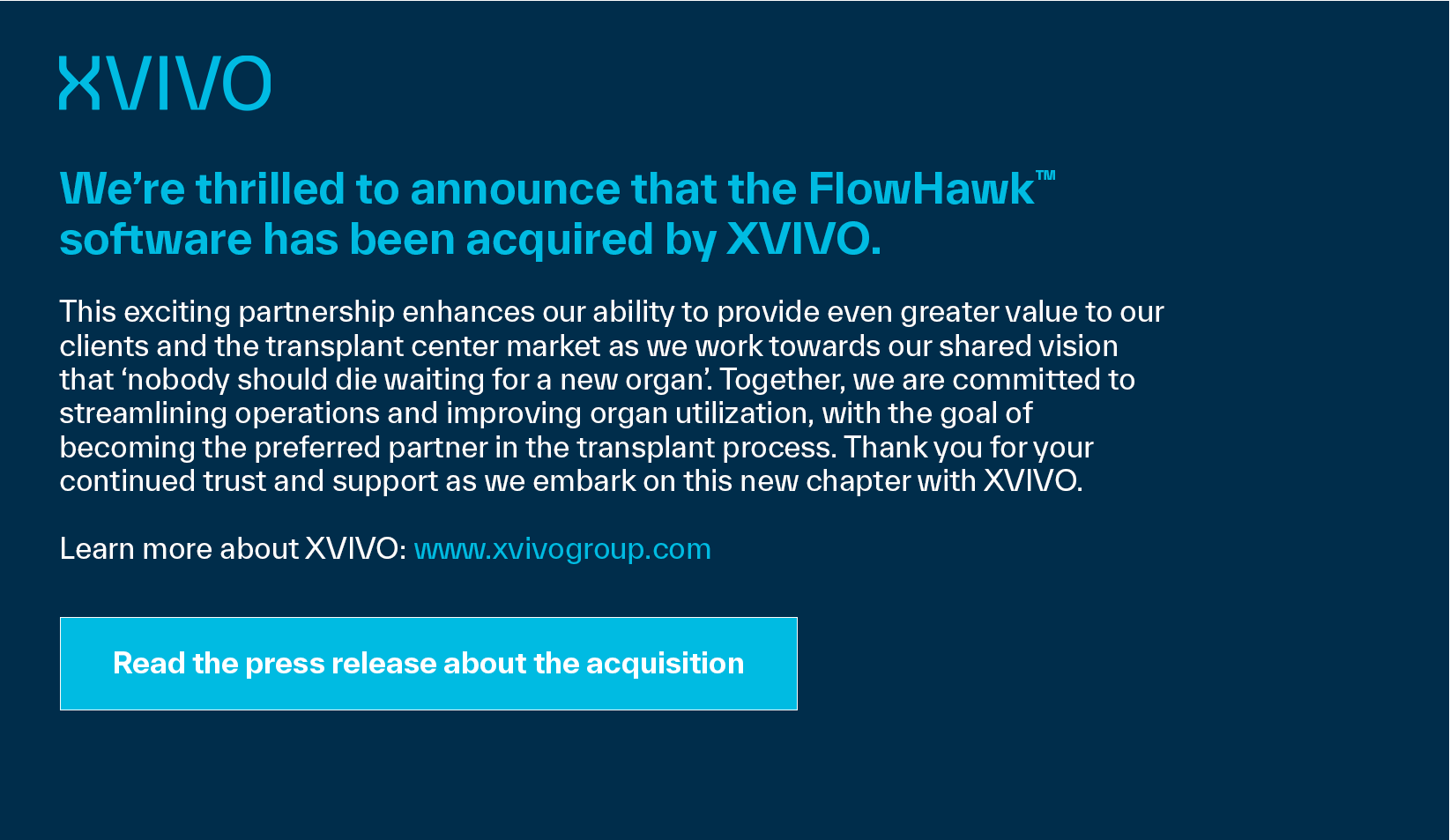OmniLife Health has achieved national notoriety for our work by winning the Small Business Innovative Research Grant (SBIR) Phase I and II awards, totaling nearly $2M.
OmniLife Health receives NIH SBIR Grant
The NIH enthusiastically supports our mission to save lives by optimizing communication and information for organ transplantation.
The OmniLife research team is led by health informatics expert and CTO, Eric Pahl, and the veteran cardiothoracic transplant surgeon and principal investigator, Dr. Bob Emery. They are joined by a prestigious group of innovative MDs and PhDs from leading clinical institutions across the continent.
- UPMC, Dr. George Mazariegos
- Mt. Sinai, Dr. John Bucuvalas
- UCSF, Dr. Emily Perito
- NYPresbyterian, Dr. Steven Lobritto
- TorontoSickKids, Dr. Vicky Ng
- UVA, Dr. Sarah Rasmussen
- Emory, Dr. Rene Romeru
- UPMC, Dr. James Squires
- UMN, Dr. Bill Payne
- Metrolina, Dr. Ben Hippen
- Carolina’s Medical Center, Dr. Karl Welke
- UCSF, Dr. Chris Freise
- St. Jude Medical, Dr. Manny Villafana
- Iowa, Dr. Dave Axelrod
- Iowa, Dr. Alan Reed
- Intermountain, Dr. Diane Alonso
- Donor Network West, Sean Van Slyck
- Iowa Donor Network, Suzanne Conrad
Phase II
In September 2019, OmniLife received notice of award for a $1.5M, 2-year study to expand the work accomplished in Phase I by including clinical decision support. The study was IRB approved and supported by clinical experts throughout North America.
- 2R44LM012575-02, “Artificial intelligence-enabled, real-time communication software for optimizing clinical decision making during the allocation, procurement, and transplantation of donated organs”
The three aims of the awarded study are:
- Aim 1: Develop machine learning models that predict transplant outcomes at the time of organ offer
- Aim 2: Validate the statistical significance and clinical relevance of these models with a clinical committee
- Aim 3: Implement the models into TXP Chat™ and deliver the predictions at the time of organ offer, randomized controlled trial.
The three aims of the modified study are:
- Aim 1: Develop a clinical decision support (CDS) engine, interface with TXP Chat™, and connect to OmniLife data lake.
- Aim 2: Deploy previously validated algorithms to CDS as predictive models for incoming organ offers.
- Aim 3: Implement the CDS and TXP Chat™ to the point of care, randomized control trial.
Phase I
In the Summer of 2017, OmniLife was awarded a Phase I SBIR from the NIH. The resulting pilot study explored the use of a mobile app, TXP Chat™, with organ procurement and transplant professionals in Iowa. After one full year of utility, the teams made substantial improvements in many operational and clinical areas: fewer hours from initial offer to transplant (50%), increased transplantation rate (35%), increased relational coordination, improved clinical productivity, and reduction in redundant phone calls.
- 1R43LM012575-01, “The use of mobile software for secure team-based clinician-to-clinician communication to improve recipient outcomes for solid-organ donation cases”
- ABSTRACT of paper recommended for publication at Progress in Transplantation Dec 2, 2019
- Background: Donor organ recovery is a complex process involving organ procurement organizations and multiple surgical teams from various transplant centers. Nearly 30% of discarded organs are wasted due to reasons related to improper coordination and communication.
- Problem statement: Lack of real-time communication results in many hours of preventable delay between procurement and transplant teams resulting in the high volume of organ waste, clinical frustration, and critical delays.
- Methods: A Plan-Do-Study-Act performance improvement methodology was utilized to design and implement a dedicated mobile communication application (app). Critical time points in the organ offer, procurement, and transplant processes were analyzed from the report of organ offers and relation coordination metrics were measured.
- Processes addressed: Members of procurement and transplant teams in Iowa were interviewed and a dedicated smartphone application was implemented to replace phone calls, emails, faxes, and text messages during upcoming kidney offers from 7/31/17 – 7/31/18.
- Outcomes: Teams reported a substantial increase in clinical productivity and case progress awareness, including a noteworthy reduction in phone calls. The relational coordination data indicated substantially higher relationship and communication quality with the app. The report of organ offer data revealed a 35% increase in organs transplanted and a 50% reduction in time from initial organ offer to transplant during the use of the mobile application.
- Implications for practice: The use of a dedicated communication application reduces clinical frustration and delays during the coordination of organ offer, procurement, and transplant. Technologies that improve communication have the potential to improve organ utilization.
Mailing Address
9450 SW Gemini Dr., PMB 69936
Beaverton, OR 97008-7105





